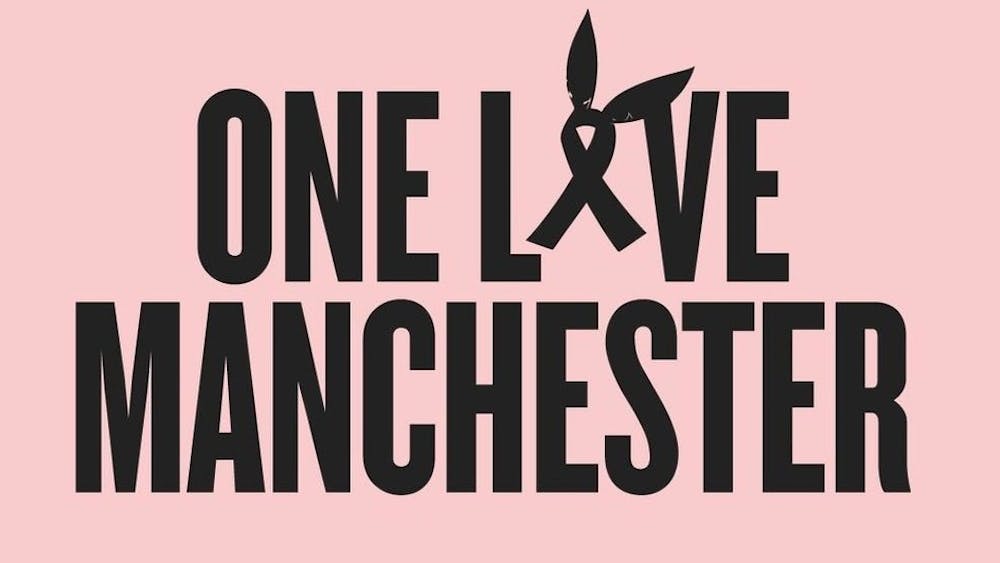In early June, pop singer Ariana Grande headlined a concert called One Love Manchester honoring the victims of the Manchester bombing at her performance in May.
On television, radio and social media, Grande performed alongside a number of high profile artists, including Miley Cyrus, Pharrell Williams, Katy Perry, Little Mix, Justin Bieber, the Black Eyed Peas and Coldplay. In three short hours, over $2.6 million was raised in donations by the British Red Cross for the We Love Manchester Emergency Fund, contributing to a total of over $12 million raised by the organization.
However, only two of the 16 performers at the One Love Manchester concert were black: Pharrell Williams and the Black Eyed Peas. While the majority of the individuals affected by this attack were not black, it is still very important to recognize the lack of non-white entertainers asked to perform.
Organizers of other benefit concerts like One Love Manchester play a role in promoting the white savior complex by allowing white individuals to speak for minorities in times of crisis instead of letting minorities speak for themselves.
The white savior complex is considered a modern version of what is expressed in Rudyard Kipling’s poem, “The White Man’s Burden,” published in 1899. Kipling’s poem positively represents colonialism as the moral burden of the white race.
The imperialist interpretation of “The White Man’s Burden” suggests that the white man has a moral obligation to rule non-white peoples of the Earth. The white savior complex is typically associated with the continent of Africa.
For example, Hope for Haiti NOW: A Global Benefit for Earthquake Relief, a concert to benefit victims of the 2010 Haitian earthquake, illustrates the white savior complex because white celebrities used their privilege to speak up for a largely non-white community.
The problem is not their choice to take initiative; the real problem behind the white savior complex is how it ultimately victimizes people of color and changes the narrative of the problems faced by their communities.
When celebrities like George Clooney, Tim McGraw and Paul McCartney choose to participate in Hope for Haiti NOW: A Global Benefit for Earthquake Belief, they think they know what is best for people of color. They are used to hearing themselves talk and being in the limelight. They see their platform as another way to be heard and use benefit concerts and activism as an excuse to garner attention for themselves.
They think they are helping. In reality, they’re just moving the cameras in another direction.
Benefit concert performers have the ability to spark real change which can last more than three hours on a Saturday night. Individuals like Katy Perry, Miley Cyrus and Justin Bieber, who all performed in One Love Manchester, should shift their efforts from gathering media attention to educating others on the best way to effectively help victims of these disasters.
Before making their own judgement calls on what they think the victims of these attacks want, organizers should speak directly with those affected to find the appropriate way to take action.





